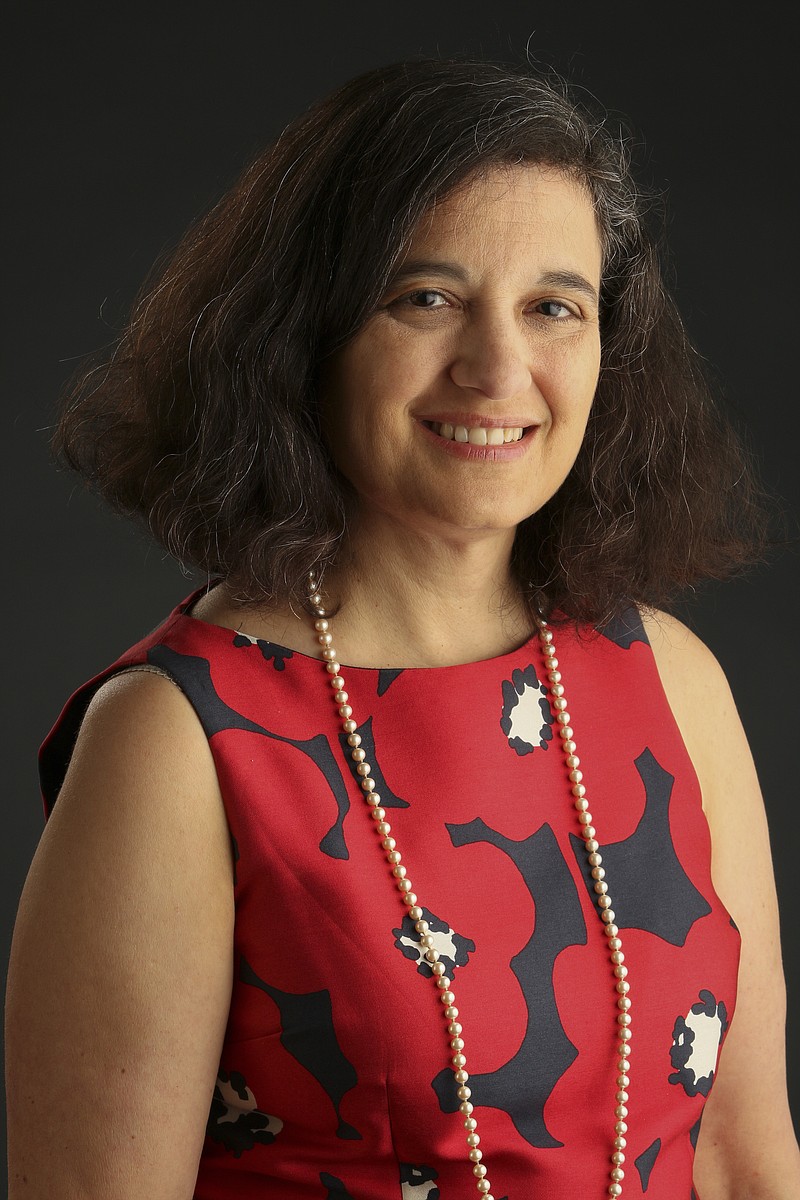The tragedy of sexual harassment and sexual assault has been exploding in the news thanks to the bravery of the women who have come forward and the #MeToo movement. These women have unveiled an open secret, but rarely publicly revealed disgrace. In reading one distressing story after the next, one question is rarely asked and answered - "What about the boys?"
The behavior that leads to disrespect, harassment and assault rarely starts when boys become men. It often starts with stereotypes about boys and girls that they learn from parents, the media and other influencers. That was certainly true when I was growing up and, unfortunately, continues too often today. When I was in elementary school, some of the boys would harass girls by demeaning and insulting them. When my friend and I would demand respect, we were usually ignored. Even complaints to the teachers fell on deaf ears. In high school, a group of boys would rate girls on their physical attributes. They thought it was a compliment, and it sure made them feel powerful. When told that it was anything but a compliment, some changed their ways but most kept up behavior that objectified young women.
So after I gave birth to our son, I was determined that my husband and I would raise him as a feminist - someone who respected girls and women. It would be our way to puncture the many stereotypes imposed on boys about their behavior and emotions.
There was a lot of work to do. It started with language. When others talked about firemen and policemen, we gently explained that they were firefighters and police officers. After all, women served in those heroic roles as well. The number of words in the English language that were male centric made shaping the words that we and others used a constant challenge, but we stood strong for the benefit of our son. Shopping for books required extra effort because of built-in sexism and stereotypes in many children's books at the time. Birthday and holiday gifts posed another challenge - especially when they came from relatives who were not fully supportive.
Some of the most important lessons learned by our son, however, were in understanding what true equality actually meant. Until the age of 8, our son had only met doctors who were women. He was somewhat shocked that, in fact, men could be doctor's too. We got a chuckle out of that!
Our son grew up to become a strong advocate for his many female friends as well as his male friends. For him, there were no limits on what females could accomplish. He challenged them to do so despite, in some cases, their own doubts.
There is a lot of work that we need to do as a society to combat sexism, sexual assault and sexual harassment. We need new laws and better enforcement of laws that are already on the books. We need ongoing, effective training about these serious issues in schools and in the workplace. We need a societal shift that puts an end to blaming women and encourages them to come forward.
But we also need to change how we raise boys. We need to make a concerted effort to raise boys as feminists and drop the fear that they will become less of a man if they refuse to tolerate sexism. We need to encourage boys to truly respect females, show their emotions, be warm, nurturing and gentle, and refuse to be a bystander when other boys are being inappropriate in their language or physical actions with girls. We need to teach boys that girls are their intellectual equals and that there is a place for both competition and collaboration.
Let's teach boys to feel comfortable taking a stand against bullies of girls because those bullies may very well grow up to be harassers and assaulters of women. It has to start with the boys!
Bea Lurie is working on starting a women's empowerment business. She is a member of the Mayor's Council for Women Organizing Committee and co-chairwoman of the Healthy Education Subcommittee. Contact her at luriebea@gmail.com.
